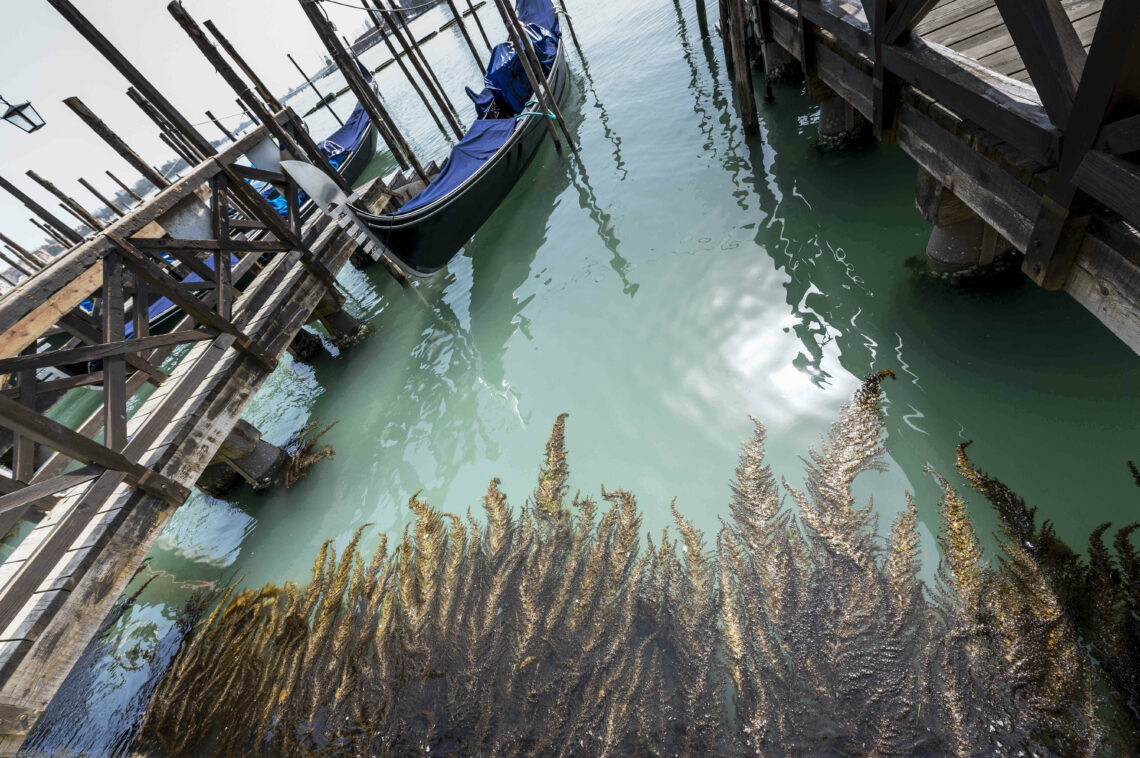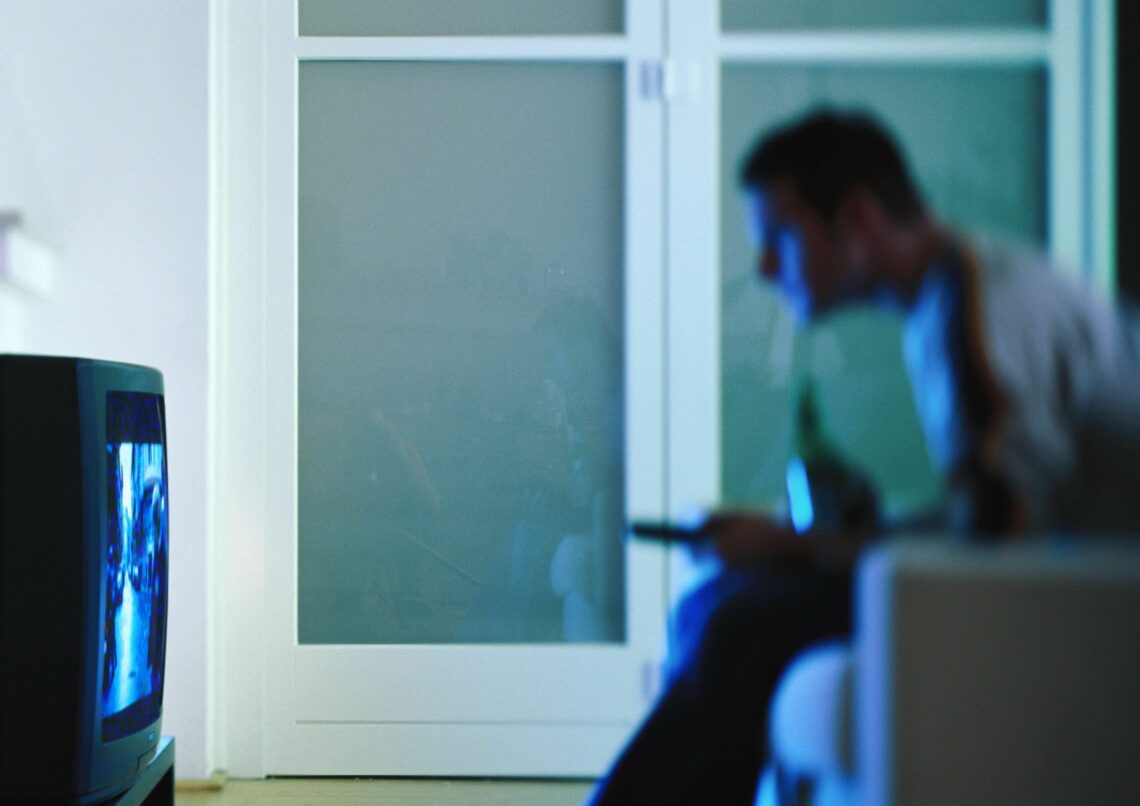Personal responsibility in a post-Covid society
After a rise in popularity in the 19th century, the concept of self-regulation fell out of favor in the aftermath of the two World Wars. Albeit behaviors like delaying gratification have been declining since then, the Covid crisis could teach us accountability and discipline again.

In a nutshell
- Self-regulation is an essential behavior in any civilization that values freedom
- Willpower has been increasingly undervalued since the beginning of the 20th century
- By cultivating discipline, citizens could reverse this trend and its consequences
Some observers believe that the Covid-19 crisis will put an end to civilization as we know it and bring about a more frugal, mature humanity. While we should be wary of both apocalyptic and revolutionary predictions, we should also recognize that changes will inevitably occur.
To assess those claims, the concept of civilization needs to be defined. Ours is, to a large extent, based on specialization, trade and growing urbanization. This arrangement means frequent face-to-face interactions in places of business or public transportation. The threat of coronavirus transmission has now disrupted this model of close interpersonal contact. Moreover, there is an underlying dimension to this trade-based, highly-specialized urban civilization that could also be affected by the pandemic – the regulation of social order.
Ancient civilizations were governed by a strict hierarchy based on power and faith. This allowed only slow progress. Despite having robust trade systems in place, there was little personal freedom, hence the scarcity of innovation and economic growth. In contrast, today’s social order is decentralized and based on personal responsibility and self-regulation – the counterweights of freedom.
Well before the Covid-19 crisis, many worried about how personal responsibility would evolve in the coming years. To understand the full impact of the pandemic and the ensuing policy responses, one needs to address how the coronavirus could have influenced self-regulation in individuals.
Self-help
In their works on willpower, Tom Palmer and John Tierney describe how self-regulation and self-control are central to a free society. The concept of willpower gained traction in the 19th century, when the West was affected by rural exodus. Social regulation through community and religion became more difficult. The rise of self-help (a concept that actually refers to self-regulation) led to a more civilized and prosperous society by promoting “temperance, frugality, industry, and cleanliness” in individuals.
There is evidence that people who learn to self-regulate early become more successful.
Research indicates that, while willpower is probably tied to brain chemistry, it can be exercised like a muscle – freeing us from biological determinism. Improvements can be achieved by tracking bad habits, delaying gratification, and avoiding exposure to temptation not to deplete our willpower reserves.
There is evidence that people who learn how to self-regulate in their youth are more successful in life, both professionally and privately. They tend to be healthier and less prone to addiction and procrastination. Because they have what Nobel laureate James Buchanan calls “work ethics,” they generate “positive externalities.” They are more socially productive – which contributes to economic growth – and they create jobs through their entrepreneurial undertakings. Far from being selfish, these individuals are also more likely to give to charity and care for others. Such traits form the core of a healthy, free and civilized society.
Declining angst
While the 19th century led to the rise of self-regulation, the 20th century saw its slow demise. The past century was characterized by widespread drug abuse, impulsive spending leading to personal bankruptcy, increasing obesity rates, the rise of “couch potatoes,” gang violence and falling education standards. This is not to downplay the significant progress humankind made during the 20th century, but large segments of society appear to be decivilizing, especially in wealthy nations. Declining self-control could partially account for this process.
While willpower was once trendy, it then became associated with Nazi culture – an unpalatable connection. Traumatizing wars made us wary of discipline and spurred a need to compensate with decreased self-control, like the Roaring Twenties or the postmodernist counterculture of the late 1960s. Anti-elitism and the rejection of rules and discipline were inherent to these new trends. Even in fashion, wearing jeans with holes went from being a sign of shame to being a sign of pride. Rising material wealth and security have gradually made us more complacent.

Mixed emotions
Some critics of willpower argue that poor people tend to lack self-regulation because, given their lack of opportunities and economic insecurity, they have an incentive to be shortsighted. Authors like Charles Murray counter this argument by pointing out that welfare programs often make people dependent on government handouts, incentivizing them to remain in poverty traps – which then create a lack of self-regulation. This trend could intensify now that several countries have implemented new welfare measures because of the pandemic.
If incentives matter, so do emotions. Some thinkers argue that the erosion of the traditional family and the rise of the single-parent family have undermined the emotional framework required for the cultivation of self-control in children. This is especially true when the absence of parental attention is compensated by gifts or long hours in front of a television screen. The lockdown could precipitate divorces, affecting even more youngsters.
Building on Robert Putnam’s analysis of the decline of social capital in our societies, we can presume that fewer opportunities for social behavior mean fewer opportunities to exercise self-regulation. Social distancing, which relies heavily on web-based communication, could have a significant psychological impact on young people by pulling them away from real life and the self-discipline it requires.
Present preference
The effect of monetary policy on self-control through saving incentives is too seldom discussed. As mentioned above, delayed gratification is the hallmark of self-control. Saving is the ultimate form of delayed gratification: renouncing immediate consumption to accumulate wealth for later. The benefit comes not only from the mere act of setting money aside but also from the fruit of this delay, namely interest. The latter incentivizes us to build a future rather than live for the moment.
Rising material wealth and security have gradually made us more complacent.
In most Western nations, monetary policy has followed the Keynesian credo of ultra-low interest rates for over a decade, thus destroying a significant incentive to save. And now things are about to get worse. Saving is not the only way to enjoy a return on one’s ability to set money aside, but for most people wary of investment, it remains the primary motivation. Such policies encourage citizens to spend without worrying about tomorrow, just like their governments. The negative impact of those measures on the ability to delay gratification should not be underestimated. (It is an interesting paradox that those advocating for the low interest rates that foster impulsive consumer behavior are often critics of “consumerism.”)
Bailout nations
The strict lockdowns have created the perfect conditions for a lethal domino effect. Now both successful firms and zombie companies facing bankruptcy will be entitled to some form of bailout. Since governments were mostly responsible for the situation, it seems fair that businesses would receive compensation. But this centralized allocation process could further distort mindsets and erode the self-regulation of entrepreneurs, who could become used to placing their future in the government’s hands.
Even university examinations were “bailed out” with cancellations and arbitrary grades. Online testing, the alternative, could lead to increased cheating. Teaching staff is becoming disillusioned with the short-circuiting of genuine learning in favor of shallow, grade-seeking behavior. Moreover, concentration in classrooms had already been eroded by the substitution of pen and paper with electronic devices. Here too, self-regulation could suffer because of the crisis.
Building resilience
On the other hand, the pandemic could also prompt a backlash against this trend. Many companies see the crisis as an opportunity to rethink their business models and increase their resilience by diversifying their supply chain, an exercise that requires self-regulation. Companies have also proven innovative in coming up with new ways to protect their customers’ health, often of their own initiative.
Policies aimed at fostering self-regulating behavior through property stewardship could become more widespread.
Individuals may also begin to regulate their diet and lifestyle more closely since obesity appears to be a factor in Covid-19 mortality. The threat of spreading the disease has led to new norms of social behavior. In many cases, citizens opted to wear face masks even when governments declared them useless. This show of discipline was partially rooted in self-protection, but it denoted a broad understanding that adhering to strict norms would promote order and respect for personal space.
Planet of humans
Finally, at the environmental level, there is some undeniable appeal to a quieter world. Seeing clean waters in Venice’s canals for the first time in years highlighted the ills of mass tourism. The latter may never bounce back to its pre-pandemic levels. This scenario would lead to catastrophic unemployment and poverty in the sector (the human cost of “degrowth”). However, less industrial forms of tourism in which we consume less, but experience more could emerge.
For example, adequate pricing for entry to cities and waters, which are scarce resources, could be a solution. Policies aimed at fostering self-regulating behavior through property stewardship could become more widespread, reconciling growth with the preservation of the environment.
This situation leaves us facing two possible paths – one fraught with risk, the other full of opportunities. Unfortunately, public policy could take us the wrong way.







